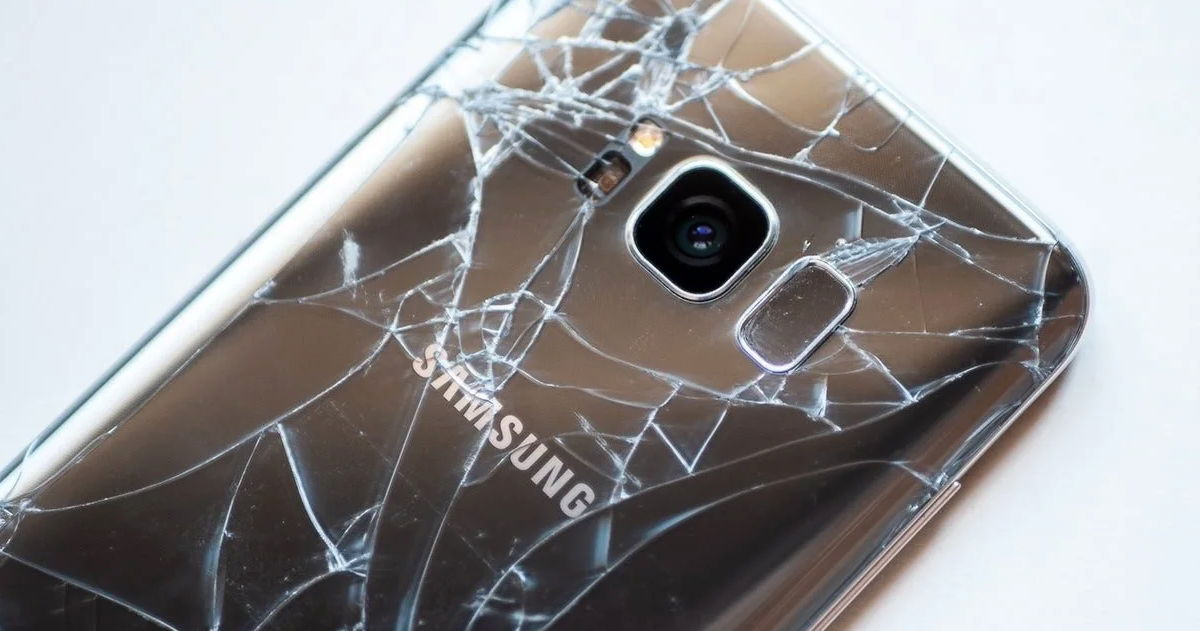| Dan Bracaglia |
I wouldn’t usually consider myself a fan of long lenses, perhaps as the result of my early digital experiences coming on disappointing superzooms. Once I’d got over the novelty of being able to take pictures of something a long way away, I usually found I could take a better photo by simply getting closer. I’ve used long telephotos for sports shooting, of course, but in recent years my lenses of choice have been 35 and 85mm equivalents.
The Canon 800mm F11 seemed too interesting to not try, though. And that meant adapting my photography to suit the equipment. This may sound back-to-front: I spend much of my working life looking for cameras that require the least adaptation on the part of the photographer, the ones that just work.
But, restricting yourself to single focal lengths or shooting a mono-only camera can help provide inspiration, so you can push yourself to try something new. And I needed to find something that I could shoot with it.
 |
My first thought was to play around with the compression effects you get from the greater shooting distances encouraged by long lenses. Shooting through the open patio doors, with me at the back of the common room and my subject on the far end of the roof deck, I was able to exaggerate the size of the Space Needle in my photo. Unfortunately, with a fixed F11 aperture, I didn’t have the option to stop down further to make it less diffuse.
What’s the big deal?We’ve seen impressive things done with diffractive/fresnel optics before: Nikon’s 300mm F4 PF is an excellent lens, that I’m hoping will be re-created in the Z mount, but the Canon F11 pair is something a little different. Think of it more like a modern alternative to the mirror lens: restrictive, in that it has a fixed aperture as well as a fixed focal length, but freeing in the sense that you can lift it and, to a much greater extent, afford it. And, unlike mirror lenses, the resultant images aren’t marred by strange doughnut-hole bokeh, which I personally find distracting (/revolting). Add in the retractable design and light weight and the convenience of the package becomes clear. It’s not the most solid-feeling lens, by any means, but those weight savings are appreciated if you’re carrying it for more than a few hours. Ultimately, though, it’s the price of the 800mm that stands out most, to me. At F11 it lets in 1/4 as much light as the EF 800mm F5.6 IS L can, but its list price of $899 is less than 1/14th of the cost. |
A (socially distanced) hike around the city suggested a better option. Our walk took us through the Union Bay Natural Area. At first it looked like a piece of low-lying scrubland overshadowed by a college football stadium: a messy adjunct to its gameday parking. But the more I stopped and looked around, the more interesting fauna I saw, and the more photographic opportunities.
So I went back, armed with the Canon 800mm F11, an EOS R5, took my time, wandered around, looking for things to shoot. I make no claims to being a nature photographer, and my first efforts were patchy, at best. But like all the best photography experiences, every half-decent shot I took convinced me that my next one could be better.
The need to get a diverse gallery of images in a short space of time is somewhat at odds with the patience required for good nature photos. Similarly, the diktat that we should keep ISO as low as possible for lens galleries probably left me skirting the line of motion blur, but even with imperfect results, I found myself wanting to go back and have another go. Which is the thing that I enjoyed most about the 800mm: finding myself able to try something new.
I’m not going to claim any of my shots were great, partly as a result of inexperience, partly due to basic moral failure. But I enjoyed myself and the 800mm had helped encourage me to do something I might not otherwise think to try.
You might well argue that the thing I enjoyed was being pushed to try something new, and I’d completely agree. But I think the Canon RF 800mm F11 puts that opportunity to try something new into more people’s hands. Hence it’s my pick for this year.
 |
| Yes, I should have got up earlier in the day, used faster shutter speeds, but it was an enjoyable experience. Thank you, Mr. Predictable Kingfisher. |













